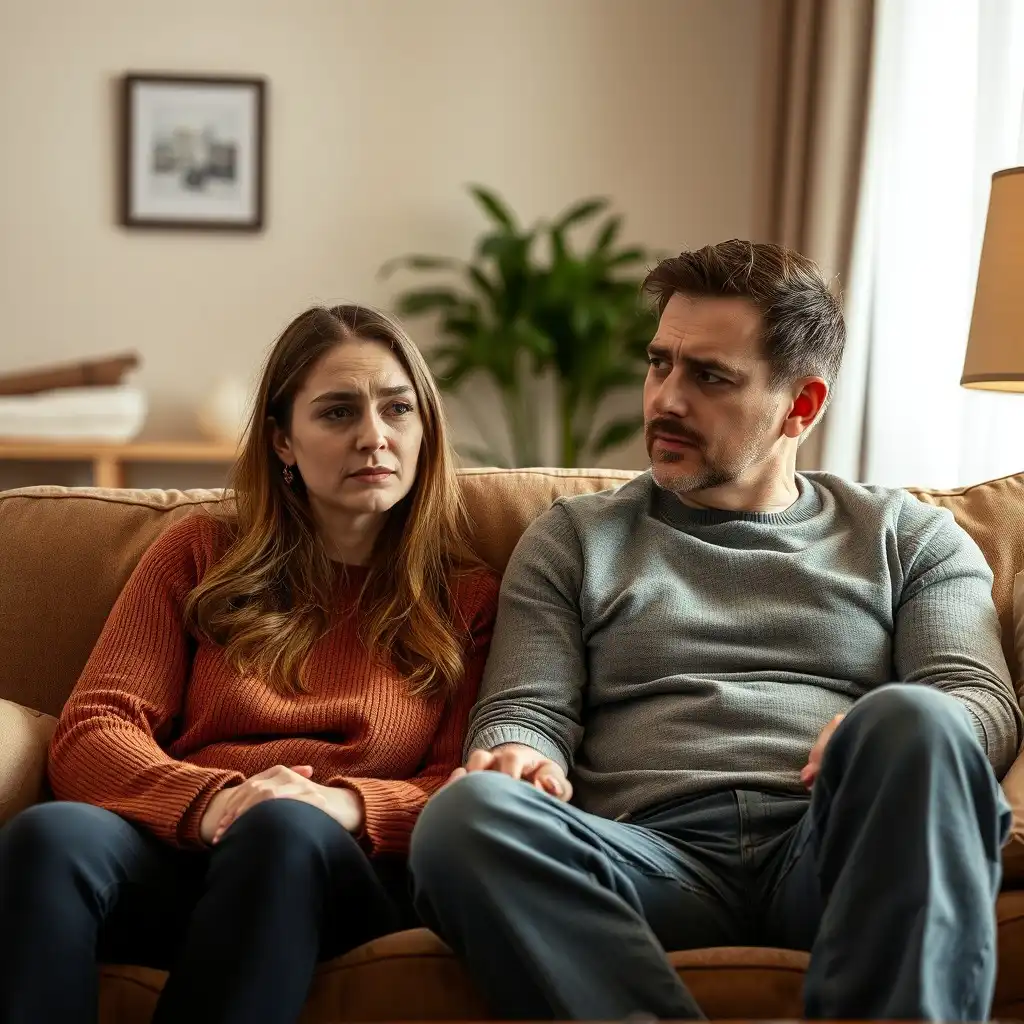
Defining Healthy Love: More Than Just a Feeling
Healthy love isn’t just a feeling; it’s a choice and active practice. It’s an active process of nurturing connection, fostering growth, and navigating life’s ups and downs together. It involves empathy, compassion, and a genuine desire for your partner’s well-being. Understanding the difference between love and lust
Characteristics of Healthy Love
Several key characteristics define healthy love:
- Respect: Valuing each other’s opinions, feelings, and boundaries.
- Trust: Being able to rely on each other and feeling safe and secure in the relationship.
- Empathy: Understanding and sharing each other’s feelings.
- Open Communication: Expressing needs and feelings honestly and respectfully.
- Mutual Support: Being there for each other through thick and thin.
- Intimacy: Sharing a deep emotional and physical connection.
These elements work together to create a strong and lasting bond. When these qualities are present, love can flourish and create a fulfilling and supportive partnership. A healthy relationship is a safe haven where both individuals feel valued and understood.
Healthy Love vs. Unhealthy Attachment
It’s important to distinguish between healthy love and unhealthy attachment
The Role of Communication in Healthy Relationships
Communication is the cornerstone of any healthy relationship. It’s essential for expressing needs, resolving conflicts, and building intimacy. Open and honest communication creates a safe space for partners to share their thoughts and feelings without judgment. Learning to handle conflict with respect
Building Trust and Intimacy
Trust is the foundation upon which healthy relationships are built. It’s earned through consistent honest behavior. Intimacy, both emotional and physical, flourishes when trust is present. It involves sharing vulnerabilities, feeling safe to be yourself, and knowing that your partner will support you. Building trust takes time and effort, but it’s essential for creating a deep and meaningful connection.
Navigating Conflict in Healthy Ways
Conflict is a natural part of any relationship. However, how you navigate conflict can make or break a relationship. Healthy couples approach conflict with respect, empathy, and a willingness to compromise. They focus on finding solutions rather than placing blame. Constructive conflict resolution strengthens the relationship and allows partners to grow closer.
The Importance of Self-Love
Healthy love begins with self-love. Before you can truly love someone else, you must first love and accept yourself. Self-love involves recognizing your worth, setting healthy boundaries, and prioritizing your own well-being. When you have a strong sense of self-worth, you’re better equipped to build healthy relationships with others.
Seeking Help When Needed
Sometimes, despite our best efforts, relationships can face challenges. Seeking professional help from a therapist or counselor can provide valuable support and guidance. Therapy can help couples identify unhealthy patterns, improve communication skills, and develop healthier coping mechanisms. It can also provide a safe space to explore difficult emotions and work through relationship issues.
Find A Therapist That Specializes In Relationship Issues
Our therapists at Integrative Family Counseling understand the complexities of relationships and can help you develop the skills to build and maintain healthy connections.

Elizabeth Turek
I have experience working with a diverse group of people. I can work effectively and constructively with people from all races, diverse cultures, family systems, and social backgrounds. I focus on a Client-Centered approach and a Gestalt approach that focuses on the present. In addition to being traditionally trained, I incorporate a holistic, integrative approach toward psychotherapy, including aspects of mindfulness, and a holistic approach with Spiritual philosophy.
View Elizabeth's Profile
Precious Bradley
I bring a unique approach to my clinical work, empathizing with vulnerability as a key aspect, complemented by a strong sense of empathy and curiosity. I have a deep passion for the therapeutic process and a firm believer in the transformative power of change. I have spent years working with folks who are struggling with many different mental health issues.
View Precious's Profile
Emily Stoner
I believe cultivating ways one can empower oneself can be a catalyst for positive changes. By finding practical ways to remind ourselves of choices we have in our everyday lives can assist in improving ourselves overall. I believe in meeting individuals where they are in their healing journey and provide flexibility due to life's busy schedule.
View Emily's Profile
John Komperda
It is my belief that every client has their own innate ability to heal themselves. My job as a clinician is to foster an environment which is conducive to develop greater clarity, connection, and insight into their problems, which can lead to resolution and transformation.
View John's Profile
Nedra Everett
I am a Licensed Clinical Social Worker with expertise working with diverse populations. My background encompasses a wide range of areas including trauma, crisis intervention, depression, anxiety, anger management, parent coaching, grief and bereavement and relationship interventions.
View Nedra's ProfileInsurance Coverage Made Simple
We accept most major insurance plans and offer low self-pay rates to ensure quality care is accessible to everyone. Your well-being is our priority, and we're here to help regardless of your financial situation.
FAQ: Common Questions About Healthy Love
What are the core components of healthy love?
How does healthy love differ from infatuation?
What role does communication play in healthy love?
How can I build trust in a relationship?
What are some signs of an unhealthy relationship?
How can therapy help with relationship issues?
Is it possible to have a healthy relationship after experiencing trauma?
How do I know if I am in a healthy relationship?
Related Articles

What is Micromanagement in Marriage? How to Address It
Understand what micromanagement in marriage looks like, its impact on relationships, and how to address it effectively for a happier partnership.

Platonic Friendship: Navigating the Complexities of Non-Romantic Bonds
Platonic friendship is a valuable part of life. This article examines the complexities of these non-romantic bonds, offering insights into building and maintaining healthy platonic relationships.

Is Loyalty a Sought After Trait? Absolutely and Here's why
Loyalty is highly valued in various contexts, including relationships and the workplace. Understand the importance of loyalty and its impact on personal and professional interactions.

How Long Does It Take to Get Over a Breakup? How to Heal and Move On
Learn how long it takes to get over a breakup and explore the emotional healing process. Find out how therapy can support your recovery and help you move on.





